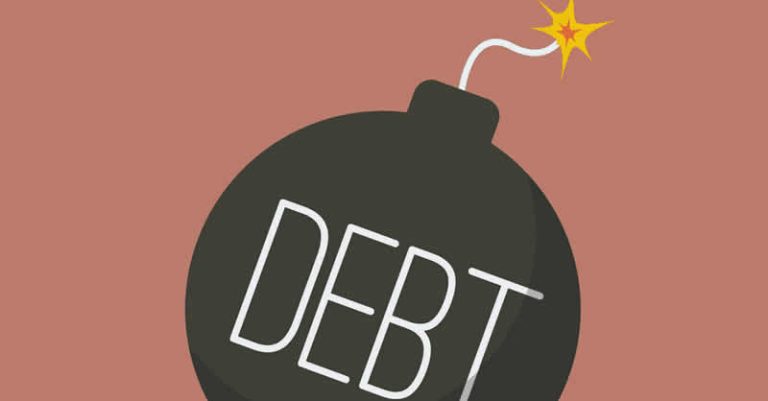Afimag.com –
The World Bank has predicted that debt servicing will swallow up to 123.4 per cent of the Federal Government’s revenue in 2023. The new World Bank Lead Economist for Nigeria, Alex Sienaert, made the prediction in a document he entitled, ‘Nigeria Public Finance Review: Fiscal Adjustment for Better and Sustainable Development Results.’
Sienaert noted that servicing of debt would consume 100.2 per cent of Federal Government revenue by the end of 2022. In a related development, the Washington-based bank explained that Nigeria’s debt service to revenue ratio could be at 102.3 per cent by the end of 2022.
A statement by the Debt Management Office further submitted that the total public debt stock went from N42.84tn in the second quarter to N44.06tn in the third quarter of 2022. This was an indication of 2.85 per cent increase quarter-on-quarter, with Nigeria securing a N1.22tn debt within three months.
Read Also: Breaking: Delta Govt Orders SEEPCO To Address Issues With Host Communities
The Debt Management Office stressed that the increase in public debt was due to new borrowings by the Federal Government to part-finance the deficit in the 2022 Appropriation Act, alongside new borrowings by sub-nationals.
The DMO further stated that the total public debt stock consisted of domestic debt of N26.92tn and external debt of N17.15tn. The Washington-Based Global Financial Institution, also said that Nigeria’s debt is at the verge of becoming unsustainable in the event of macro-fiscal shocks.
Related story: Debt: Court Orders CBN To Deduct N40 Billion Ebonyi Allocation
“Nigeria’s debt remains sustainable, albeit vulnerable and costly, especially due to large and growing financing from the Central Bank of Nigeria. While currently the debt stock of 27 per cent of the Gross Domestic Product is considered sustainable, any macro-fiscal shock can push debt to unsustainable levels.
“However, the debt to the GDP in Nigeria is rising quickly, and the total stock of debt in absolute value has almost doubled between 2016 and 2020, and without a policy change is expected to reach 40 per cent of the GDP by 2025.”
At the launch of the World Bank’s Nigeria Development Update titled, ‘The Urgency for Business Unusual,’ the Minister of Finance, Zainab Ahmed, had acknowledged that Nigeria was struggling to service its debt.
Hear her: “Already, we are struggling with being able to service debt because even though revenue is increasing, the expenditure has been increasing at a much higher rate, so it is a very difficult situation.”








